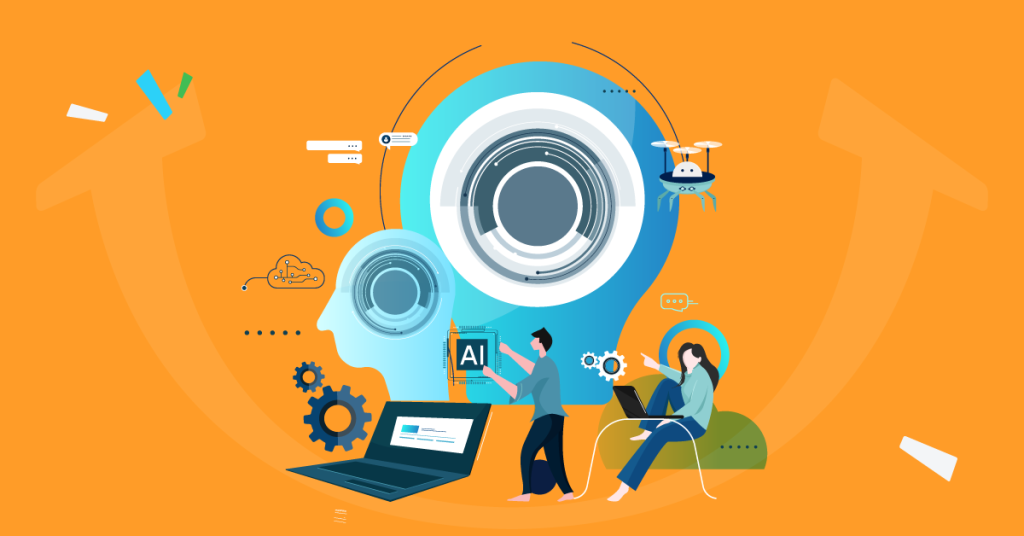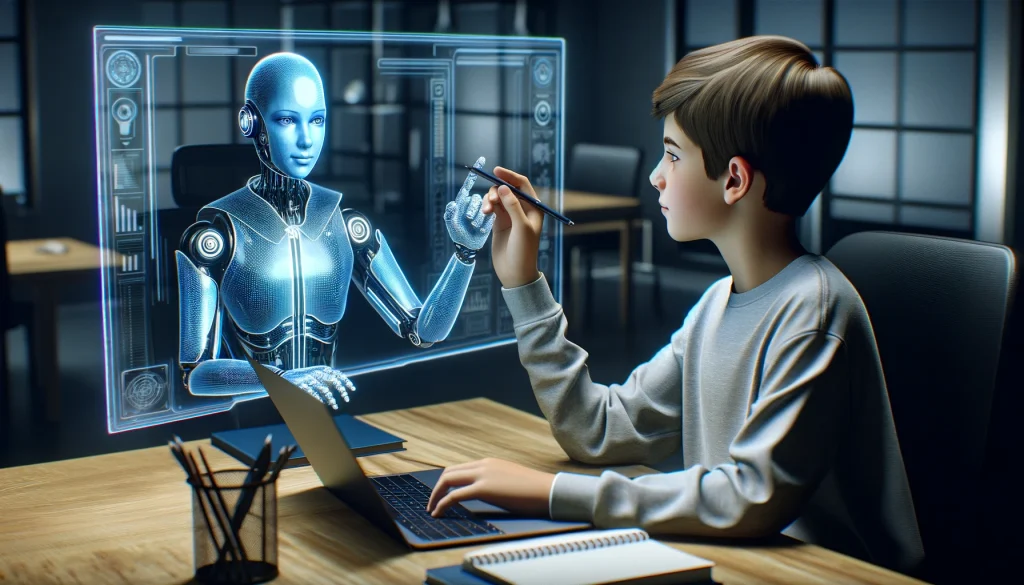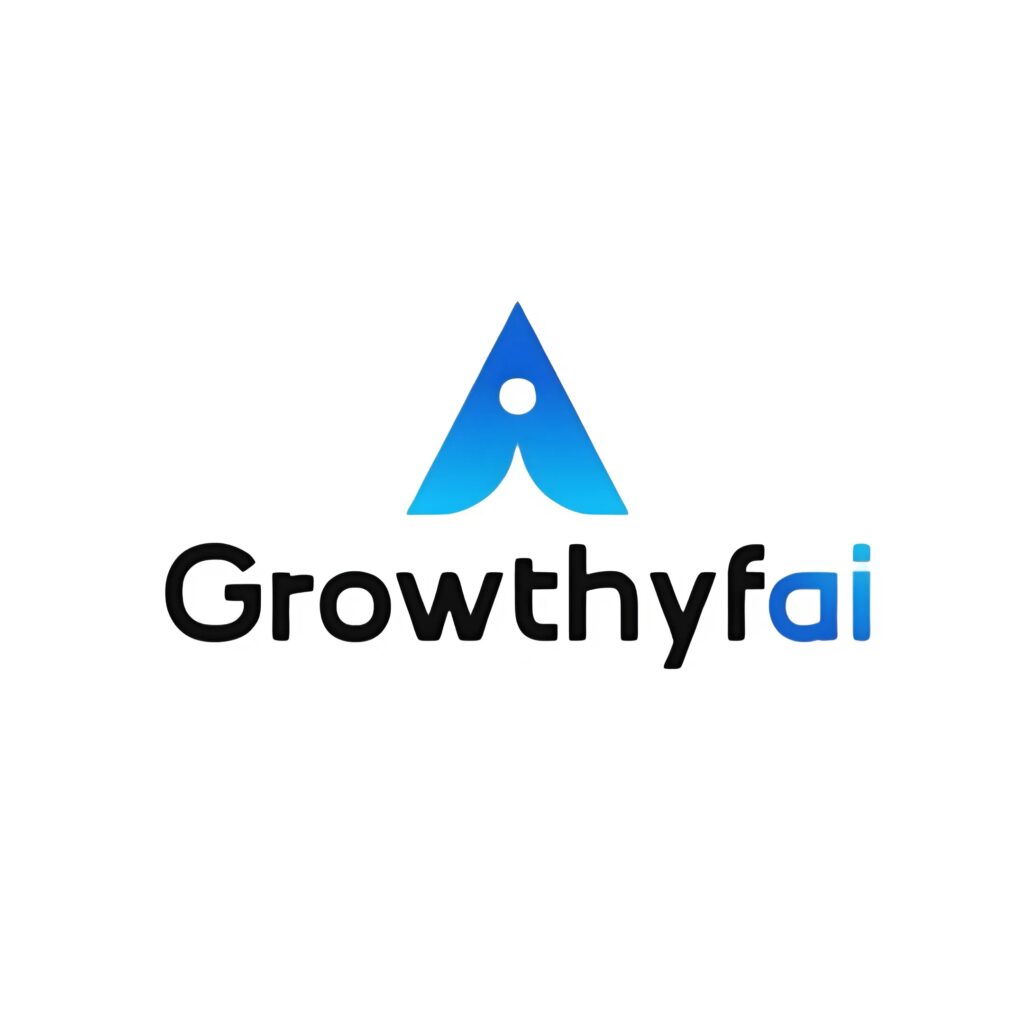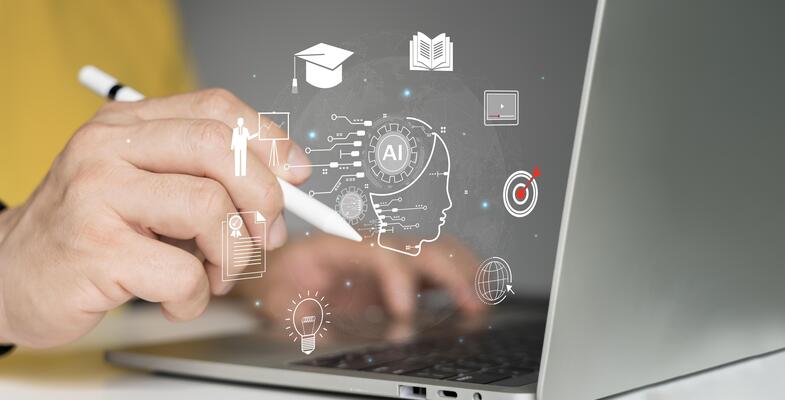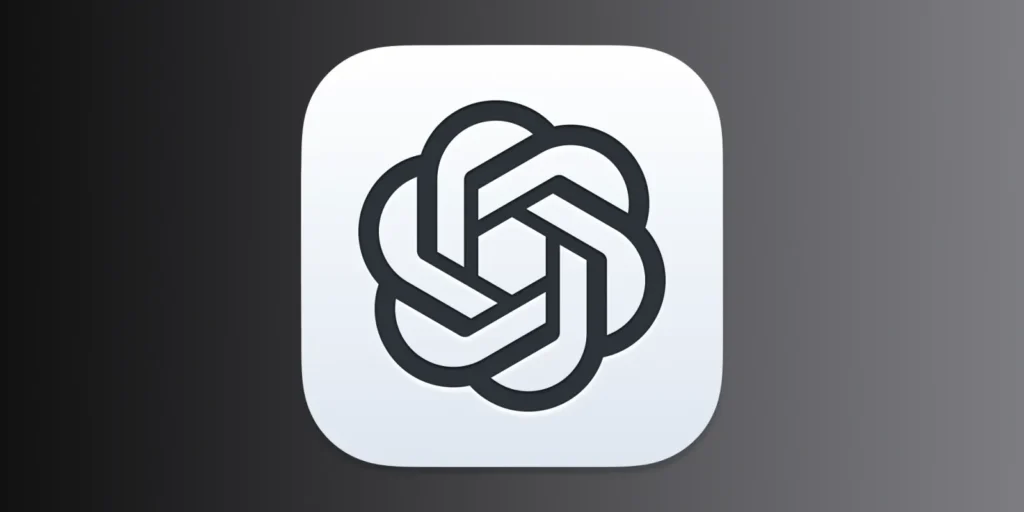AI-Driven Personalized Education: Crafting Curriculums for Every Student
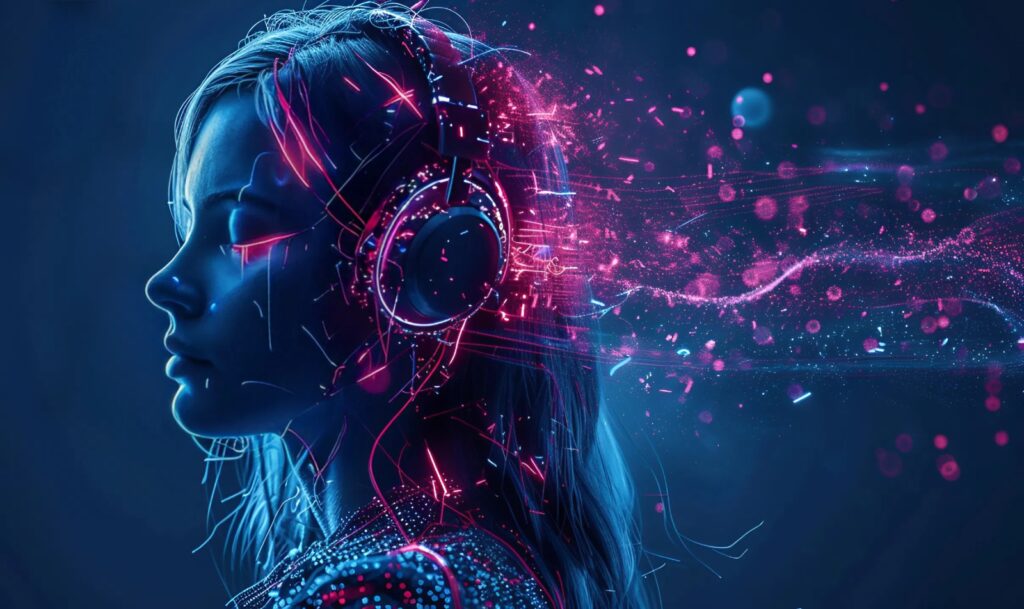
AI-Driven Personalized Education: Crafting Curriculums for Every Student
In the era of technological advancement, artificial intelligence (AI) has made significant strides in transforming various sectors, and education is no exception. The concept of AI-driven personalized education has emerged as a beacon for innovative learning models, promising to tailor educational experiences to the individual needs of each student. This blog explores the potential of AI in crafting personalized curriculums and the revolutionary impact it can have on the educational landscape.
—
Understanding AI-Driven Personalized Education
The traditional model of education, often characterized by a one-size-fits-all approach, frequently struggles to accommodate the diverse learning styles, paces, and interests of students. AI-driven personalized education seeks to address these challenges by leveraging data and machine learning to customize learning experiences.
At its core, AI analyses vast amounts of data generated by students’ interactions with educational content. This includes their performance on various tasks, the time taken to grasp concepts, preferred learning mediums, and even behavioral patterns. By synthesizing this information, AI systems can create adaptive learning pathways that are uniquely suited to each student’s needs.
—
The Role of AI in Curriculum Design
One of the most significant applications of AI in education is in designing personalized curriculums. Here’s how AI plays a pivotal role:
1. **Data-Driven Insights:** AI systems continuously collect and analyze data on student performance and engagement. These insights guide the creation of personalized curriculums that align with individual learning goals and difficulties.
2. **Adaptive Learning Paths:** AI facilitates adaptive learning by adjusting the difficulty and type of content in real-time. For example, if a student excels in algebra but struggles with geometry, their curriculum can be modified to provide more targeted resources and exercises in geometry.
3. **Intelligent Tutoring Systems:** AI-powered tutoring systems offer personalized recommendations and hints, simulating a one-on-one tutoring experience. These systems learn from student responses and adapt their teaching strategies accordingly.
4. **Predictive Analytics:** By predicting future performance and potential challenges, AI can preemptively adjust curriculums to address weaknesses before they become significant obstacles.
—
Case Studies: Success Stories in AI-Driven Education
To appreciate the impact of AI in personalized education, consider the following real-world examples:
1. **DreamBox Learning:** An online math platform, DreamBox Learning uses AI to tailor lessons to the needs and skills of individual students. It adjusts the difficulty of math problems based on a student’s performance, ensuring that learners are neither bored nor overwhelmed.
2. **Carnegie Learning:** This AI-driven platform specializes in mathematics education. It employs cognitive science and AI to adapt lessons in real-time, providing a personalized experience that has reportedly improved students’ academic outcomes.
3. **Knewton:** Known for its adaptive learning platform, Knewton personalizes educational content by analyzing the strengths and weaknesses of students. It customizes learning materials and pathways, enabling a personalized educational journey.
—
Benefits of AI-Driven Personalized Education
The integration of AI in personalized education offers numerous benefits:
1. **Enhanced Student Engagement:** Personalized curriculums foster greater engagement by catering to individual interests and learning styles, making learning more enjoyable and meaningful.
2. **Improved Academic Performance:** Tailored educational pathways help students learn at their own pace, leading to better understanding and retention of knowledge.
3. **Early Intervention:** AI’s predictive capabilities allow educators to identify and address learning challenges early, preventing students from falling behind.
4. **Resource Optimization:** Educators can focus their efforts where they are most needed, using AI insights to optimize resources and support each student effectively.
5. **Scalability:** AI-driven systems can scale personalized education to accommodate a large number of students, making it a viable solution for educational institutions worldwide.
—
Challenges and Considerations in AI-Personalized Education
While the promise of AI-driven personalized education is immense, it is not without challenges:
1. **Data Privacy:** The collection and analysis of student data must be handled responsibly, ensuring privacy and compliance with regulations such as GDPR.
2. **Equity Access:** Ensuring equal access to AI-driven tools for all students, regardless of socio-economic background, is crucial for preventing educational disparities.
3. **Teacher Training:** Educators require proper training to effectively integrate AI tools in the classroom and interpret data insights meaningfully.
4. **Algorithm Bias:** Care must be taken to ensure AI systems do not perpetuate biases present in the training data, which could lead to skewed learning experiences.
—
Conclusion: A New Era of Learning
AI-driven personalized education represents a fundamental shift in how we approach learning, offering the potential to revolutionize educational experiences for students worldwide. By crafting curriculums tailored to individual needs, AI empowers students to reach their full academic potential and nurtures a lifelong love for learning.
As we navigate this new era of education, it is imperative to balance technological advancements with ethical considerations to create an inclusive, fair, and effective learning environment for every student. The future of education is personalized, and with AI leading the way, it holds the promise of a brighter and more equitable future for learners everywhere.

